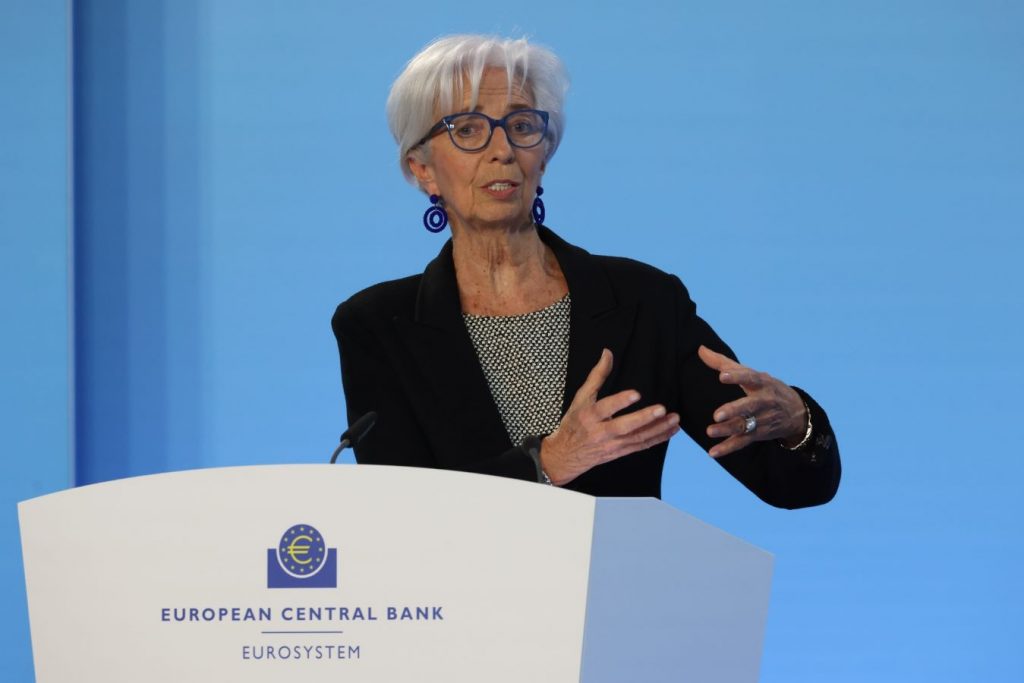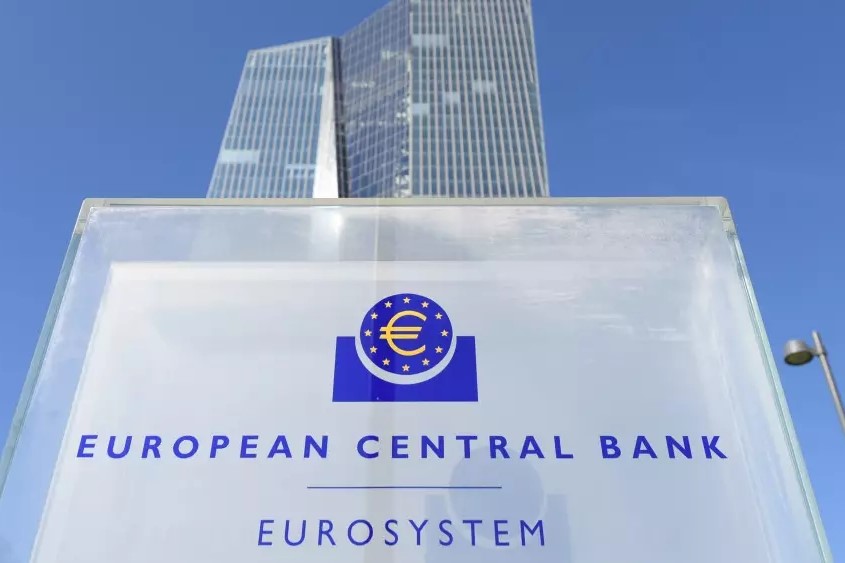In a decisive move aimed at bolstering the Eurozone economy, European Central Bank (ECB) officials opted to lower interest rates despite lingering concerns over long-term inflation trends. During a policy meeting in Frankfurt on June 5-6, the ECB decided to emphasize its strategy of taking proactive action. This approach is based on available data rather than risking being caught off-guard by delayed responses.
Navigating Uncertain Inflation Projections
Central to the ECB’s deliberations was the uncertainty surrounding future inflation trajectories, particularly regarding energy and food prices. Officials noted that assumptions predicting a decline in these sectors below long-term averages by 2026 were highly precarious. This cautious outlook, detailed in a summary released recently, highlighted the ECB’s pragmatic approach in a volatile economic landscape.
“At some stage, it was necessary to make a judgment call based on the available information, even if that information was less decisive than desired,” the ECB stated in its report, justifying the preemptive rate cut.
Balancing Act: Tackling Inflation While Stimulating Growth
The ECB’s decision to reduce borrowing costs, starting with a 25 basis point cut, comes as inflation hovers near the 2% target. While we expect consumer price growth to stabilize throughout 2024, policymakers remain vigilant. They are navigating uncertainties ranging from fluctuating wage trends to geopolitical developments, including the upcoming elections in France.
Investors, buoyed by the ECB’s proactive stance, anticipate further reductions in the deposit rate before the year concludes. Several ECB officials have signaled support for additional cuts, underscoring the bank’s commitment to supporting economic stability amid ongoing global challenges.

ECB Expected to Reduce Rate Cuts to Mitigate Inflation Threats
Economists are scaling back their forecasts for the extent of the European Central Bank’s (ECB) interest rate reductions once they begin next week.
Economic Outlook and Market Response
Market reactions to the ECB’s rate adjustment have been cautiously optimistic. Analysts foresee the potential for enhanced economic liquidity. This could lead to reduced borrowing costs for businesses and consumers alike, stimulating spending and investment across the Eurozone.
While acknowledging the benefits of lower interest rates in buffering against economic downturns, ECB officials also expressed concerns about potential downside risks. These include heightened domestic political uncertainties and geopolitical tensions, which could potentially impact consumer behavior and overall economic sentiment.
Future Policy and Economic Resilience
As the ECB navigates through uncertain economic waters, maintaining a delicate balance between inflation management and economic growth remains paramount. The bank’s commitment to data-driven decision-making underscores its role in safeguarding the Eurozone economy against external shocks and internal pressures. Despite the inherent uncertainties.
In the upcoming months, we expect to gain further insights into the effectiveness of the ECB’s monetary policy adjustments. With inflation dynamics and geopolitical factors continuing to evolve, ECB officials are poised to adapt their strategies. They aim to ensure resilience and stability in response to ongoing economic challenges.
Enhance your market strategy with a year-long subscription merging the expertise of Barron’s and the WSJ Print Edition. Enjoy swift three-day delivery, round-the-clock digital access, and effortless adjustments for maximum adaptability. Simplified renewal processes and comprehensive global market insights guarantee a year of financial success. Enroll today.

